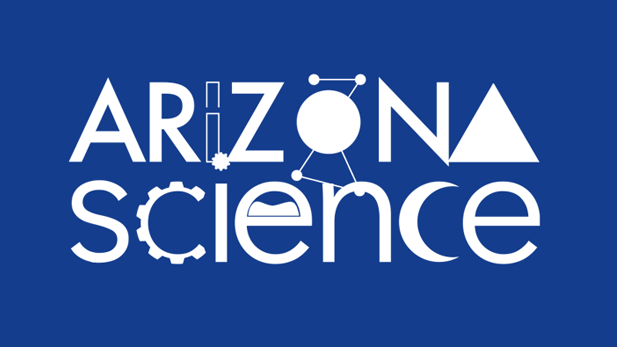 Arizona Science, Fridays on NPR 89.1
Arizona Science, Fridays on NPR 89.1
Ovarian cancer is considered to be the most deadly gynecological cancer in the United States. Nearly 70 per cent of women diagnosed have advanced ovarian cancer because there are few early symptoms and no effective screening techniques. UA Researcher Jennifer Barton is trying to improve the odds for women. Dr. Barton is leading a two year project funded by the National Cancer Institute to identify imaging biomarkers of ovarian cancer. Dr. Barton's lab is building optical endoscopes for early detection. This tiny flexible endoscope, or fallopscope, is a wandlike imaging device that combines several optical imaging techniques to detect ovarian cancer in the fallopian tubes, where many researchers believe the cancer originates.
IN THIS EPISODE
Jennifer Barton, Ph.D., Professor of Biomedical Engineering and Interim Director of the UA's BIO5 Institute
Tim Swindle, Ph.D., Director and Department Head of the UA's Lunar and Planetary Lab

By submitting your comments, you hereby give AZPM the right to post your comments and potentially use them in any other form of media operated by this institution.